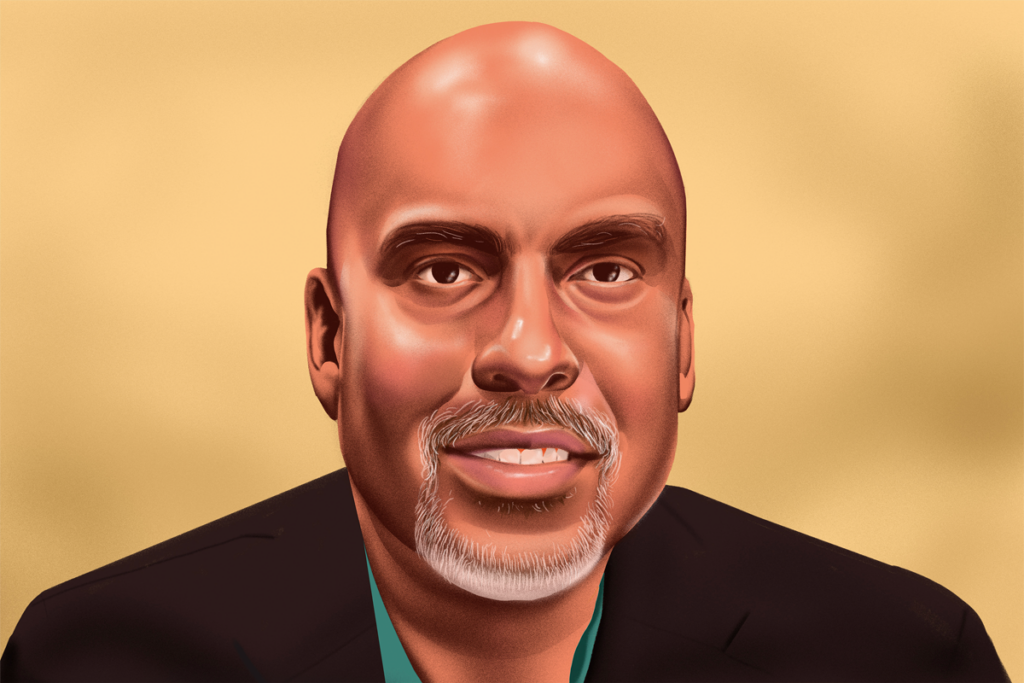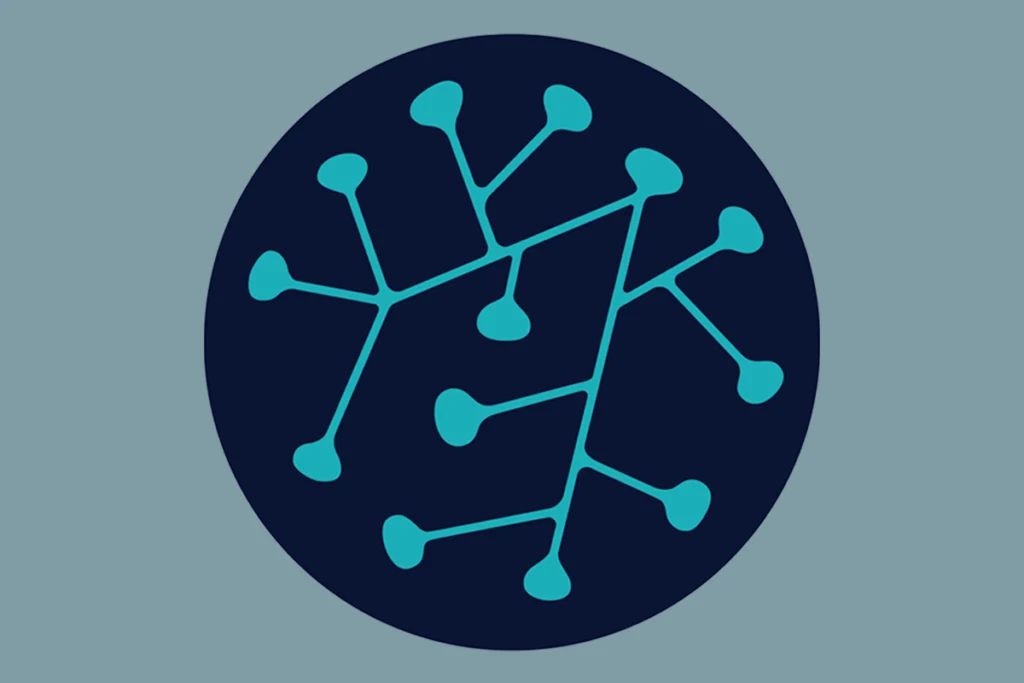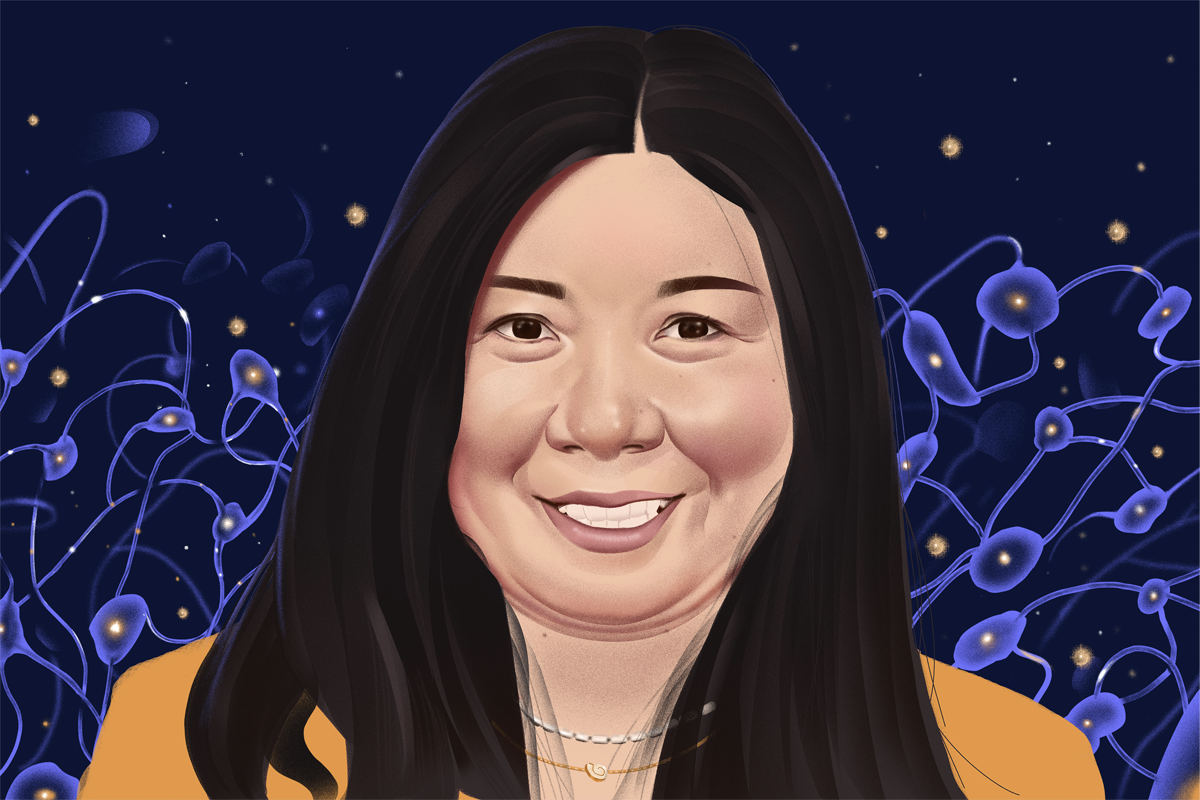
Biosensors and being fearless with Lin Tian
Tian discusses protein function and structure, and the historic city in China where she was born.
Lin Tian is scientific director of the Max Planck Florida Institute for Neuroscience. In this episode of “Synaptic,” Tian talks about optimizing the GCaMP calcium indicator, and the lessons her father taught her.
Read the transcript. A sample is included below.
Brady Huggett
I know that you did your postdoc at Janelia. I was curious because I think Janelia, it started in 2006. It had to be brand new.
Lin Tian
It was brand new. That’s why it’s so exciting. I started my postdoc in April 2007. I’m one of those first cohort of postdoc at Janelia.
Brady Huggett
How did, without seeing all the people who come through Janelia or the amount of research or the quality of research that was coming out—because it was brand new—how did you decide that’s where you wanted to go?
Lin Tian
Because I was just so inspired by their philosophy. We’ll work together as a team to tackle big questions or challenges. We’ll do that by inventing new technology. That’s what I always wanted. What I was already doing when I was a student, I want to go to a place there’s no walls. I can learn all the new skill set- to be able to gain a new skill set and to be able to tackle bigger picture questions. That’s what I just want to do. I want to be fearless. I don’t have to worry, “Oh, I’m going to go to ask that professor, can I work in your lab to learn this because I’m stuck? I really need to learn this to address this question.”
I feel like if you can go to a place, you only need to focus on asking questions. You don’t have to worry about whether you will be able to capable. There are a lot of support infrastructure to lower the barrier of accessing the resource. It’s just great because that’s really aligned with what I want to do, go after exciting ideas with all means and I don’t have to worry.
Brady Huggett
Let me see if I’m getting this right. At Northwestern, you have a problem. You’re working on a big question, and you’re stuck. You have to go around to professors and say, “Hey, I’d like to learn more about this. Can you help me with this? I have a question.” You actually learn to do that. You like that you got good at doing that. At Janelia, there’s like one question, and everybody already knows, they’re all working on it. You don’t have to go around and ask people. Everybody’s already focused on it. Is that what you’re saying?
Lin Tian
It’s not everyone already focused on it. What I mean is you can just focus on asking big-picture questions, but you don’t have to worry about, “Oh, I need this technology, but I don’t know it. How do I get access to it?” The Janelia already has this philosophy that we need to lower the barrier to access this technology. They have this supporting infrastructure system to help you. For example, if I want to do the two-photon imaging, I can just go to Karel Svoboda’s lab and I will be able to do it in his lab. I don’t have to get permission. I don’t have to feel like there’s a wall there. I only need to focus on, this is what I want to ask. This is a question, this is a challenge, and I do have a roadblock, but I can just—It’s so easy. I feel like that science should be done. At the time, the Janelia just opened up. Nobody know what’s going to happen.
Recommended reading
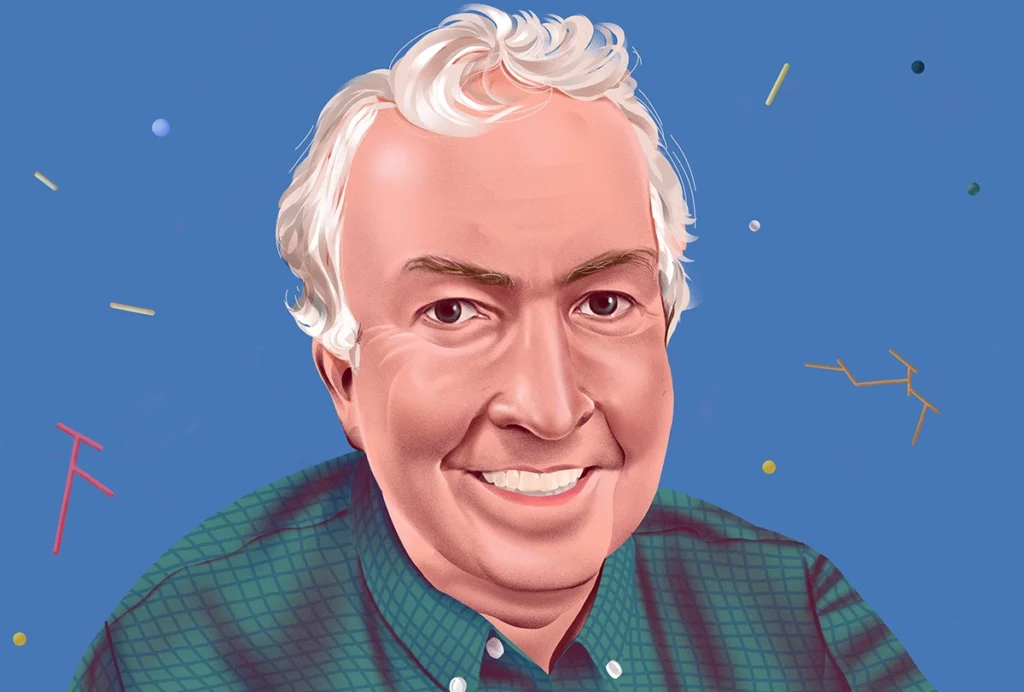
Timothy Ryan on his pivotal switch from studying particle physics to decoding synaptic transmission
Explore more from The Transmitter
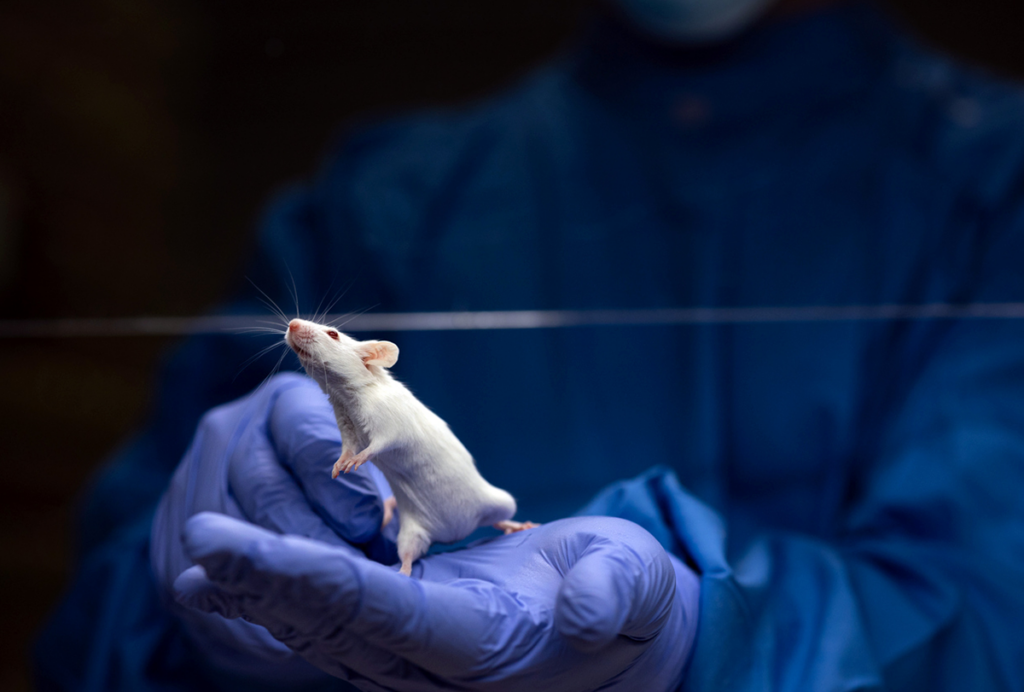
Psychedelics research in rodents has a behavior problem

